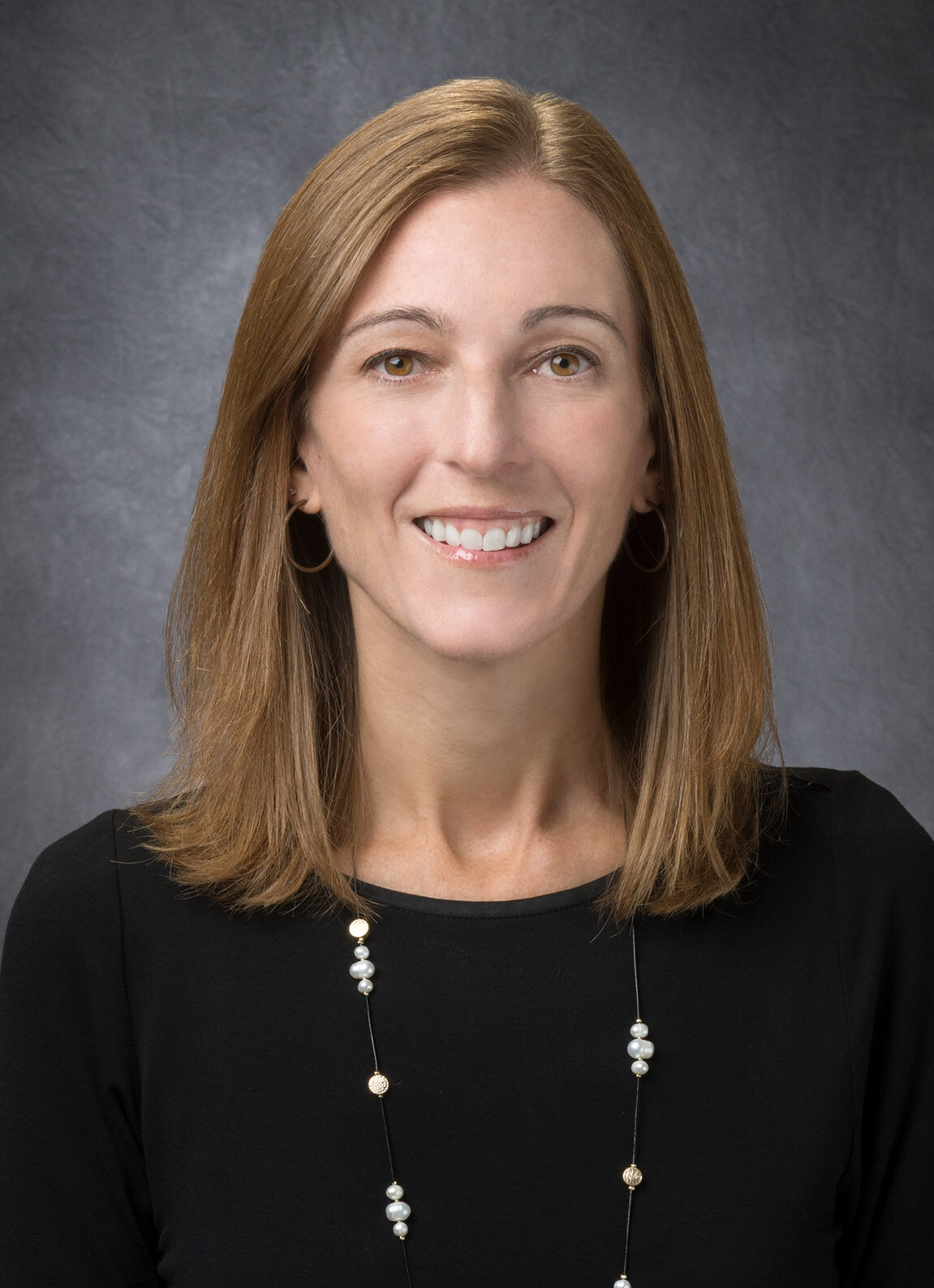
Join us as we speak to Dr. Courtney DiNardo from MD Anderson Cancer Center in Houston, TX. about the recent advancements in AML treatment. Dr. DiNardo is an academic clinical researcher who has participated in clinical trials resulting in three new AML therapies since 2017. In this episode, we dive into the new treatments that are showing great promise, as well as discuss how AML can be hereditary. With recent results of the Beat AML Master Clinical Trial, the increasing potential of immunotherapy and other new treatments, this episode is sure to give hope for current and future AML patients and caregivers.
Podcast: Play in new window | Download
Subscribe: Spotify | Pandora | Blubrry | Podchaser | More
CLICK HERE to participate in our episode survey.Mentioned on this episode:
- Acute myeloid leukemia (AML)
- MD Anderson
- Beat AML® Master Clinical Trial
- Personalized Medicine
- Minimal Residual Disease
- Hereditary Hematologic Malignancy Leukemia Clinic
Additional LLS Support Resources:
- Information Specialists
- Free telephone/web patient programs
- Free booklets
- Financial support
- Online chats
- Caregiver support
- LLS Community
- Support groups
- Patti Robinson Kaufmann First Connection Program
- Free Nutrition Consultations
Support for this episode provided by Astellas and Novartis.

I am an AML patient being treated by doctors at MD Anderson and my local oncologist. I found this podcast very informative and helpful. I am a mom of 2 young children, so the genetic component is very important to me.
Is there a hereditary element to AML? Or is it more a genetic issue that may or may not be passed to children?
Hi Jill. The following is the response from Dr. DiNardo. “Most AML is spontaneous, however it is estimated that about 5% of AML may have a hereditary component.”
Dr. DiNardo specializes in evaluation of “hereditary hematologic malignancies” and so if there are any specific questions she can answer for you, she would be happy to assist. Please respond back if you have any further questions.
I am so heartened with the news presented here. I am an AML transplant recipient who achieved remission twice before opting for the transplant in 2007. Having survived this long, I am one of the fortunate ones although the first 10 years were really rough due to all the complications from the intensive chemo.
To think that future patients will not have to endure as many difficulties associated with treatment and transplant makes me so happy. I thank God that I was treated at M.D.Anderson myself and swear that the treatment I received was the absolute best in the world. Had I received treatment elsewhere the chances are that I would not be alive today. There were moments when it looked as though I would not pull through, but my doctors and nurses never gave up and encouraged me all the way.